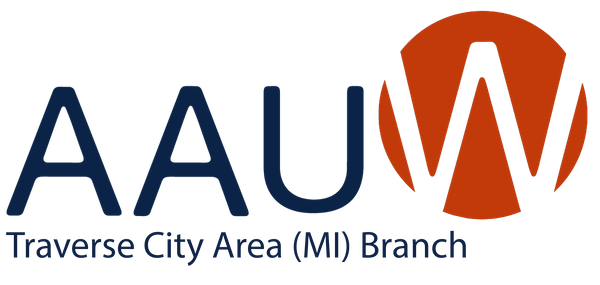Public Policy Update from Cindy Hull
GOTV! Get Out The Vote!
From Karen Zyczynski, Public Policy Director:
“For those of you voting absentee, ballots already requested will be mailed out around September 24. If you do not receive your requested absentee ballot by mid-October, I would contact your local Clerk. Absentee ballots can be requested at the Clerk’s Office until 4pm, Monday November 2.”
Early voting starts this month, and AAUW is encouraging members to be informed about the candidates and the issues important to our organization. Mary Pollack, AAUWMI Government Relations Coordinator, will be visiting us via Zoom October 6, so please Zoom in.
In the meantime, AAUW encourages us to study the AAUW issues/mission as we decide on our vote. I have summarized these here. To study the AAUW Issue Guide in detail, as well as the AAUW Voters Guide and Congressional Voting Record (CVR), check out: https://www.aauwaction.org/
- Voting Access: Voting is a fundamental right, yet COVID, as well as increased voting restrictions and suppression, threaten access to it. These barriers have a disproportionate impact on people of color, women, voters with disabilities, and both young and old voters.
- Pay Equity: The gender pay gap is the difference in men’s and women’s median earnings. According to U.S. Census data, on average, women working full-time take home about 82 cents for every dollar earned by men working full-time. Black women make 62 cents, Hispanic women make 54 cents, Asian women make 90 cents, Native Hawaiian or Other Pacific Islander women make 61 cents, and American Indian or Alaska Native make 57 cents to every dollar made by a white, non-Hispanic man. It is a real and lasting problem that impacts the economic security of women and their families.
- Paid Family and Medical Leave: Parental Leave, and Sick Days Unlike the majority of developed countries worldwide, the United States does not guarantee paid time off for illness, family care, or parental leave. While the COVID-19 pandemic has shed light on this important issue, our protections are still wholly inadequate.
- College Affordability: Higher education is no longer a luxury—it’s a necessity. In May 2016, jobs that required some form of postsecondary education accounted for nearly 37 percent of employment. As the education requirement for employment grows, so has the cost. Between the years 2006-2016, the cost of attending a public undergraduate institution rose 31 percent, while the national average wage index has only risen 25.8 percent.
For more information on AAUW’s mission and activities, check out https://www.aauw.org/
To view the ballot for your precinct, go to https://mvic.sos.state.mi.us/
